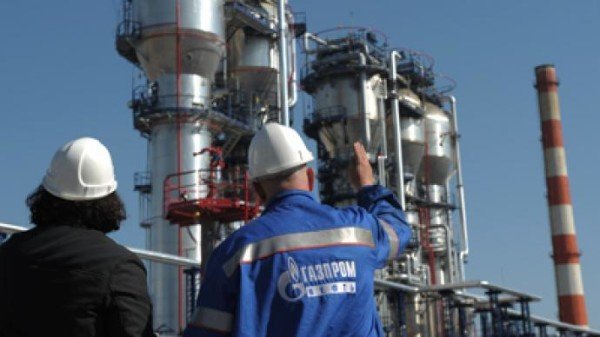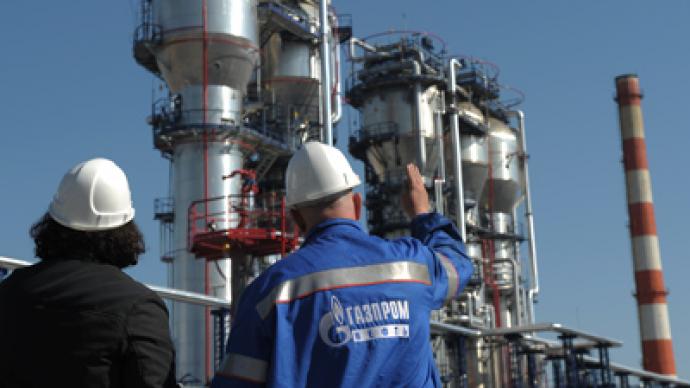
On the 63rd day of Ukraine’s defense against a full-scale Russian invasion, Moscow has decided to cut off gas exports to Poland and Bulgaria.
Hours after this decision, Ursula von der Leyen, the European Commission president,warned that the Țera of Russian fossil fuel in Europe” is coming to an end.
Ursula von der Leyen said it showed Russia’s “unreliability” as a supplier.
Political leaders in Warsaw and Sofia had already said Russian energy giant Gazprom’s move amounted to “blackmail”.
However, the Kremlin said Russia had been forced into the action by the “unfriendly steps” of Western nations.
Kremlin spokesperson Dmitry Peskov added that Russia remains a reliable energy partner.
Gazprom’s cut-off follows Poland and Bulgaria’s refusal to pay for gas in Russian roubles – a demand made by President Vladimir Putin in March, which was designed to shore up the faltering currency battered by Western sanctions.
In a statement issued on April 27, Gazprom said it had “completely suspended gas supplies” to Poland and Bulgaria in line with the decree issued by President Putin.
Gazprom also warned the countries – which are transit states for Russian gas – that any unauthorized withdrawal of gas intended for other European nations would see supplies reduced by an equivalent amount.
Moskva: Russia’s Black Sea Fleet Flagship Sinks
Polish state gas company PGNiG confirmed that Gazprom’s supplies to the country had been halted and warned that it reserved “the right to seek compensation”.
Poland’s President Andrzej Duda said “appropriate legal steps” will be taken against Gazprom.
Russia was seeking to “foster divisions” between Western allies.
Bulgarian PM Kiril Petkov said the country was reviewing all of its contracts with Gazprom, including for transit of Russian gas to Serbia and Hungary, emphasizing that “one-sided blackmail was not acceptable”.
Sofia, which relies on Gazprom for more than 90% of its gas supply, said overnight it had taken steps to find alternative sources but no restrictions on gas consumption were currently required for Bulgarians.
Ursula von der Leyen, speaking in Brussels, said Gazprom’s move was “unjustified and unacceptable,” but emphasized that the bloc was “prepared for this scenario”.
She also hit out against reports carried by the media outlet Bloomberg which alleged 10 European energy companies are preparing to make payments for Gazprom gas in roubles, and that four energy companies have done so already.
The EU leader said such moves would be “high risk” for the corporations and would constitute “a breach of our sanctions”.
“Our guidance here is very clear,” she said.
While the EU has been firm that it will not comply with Vladimir Putin’s demands that payments be made in roubles, Hungary has reached a workaround deal with Gazprom.
The countries will pay into a euro-denominated account with Gazprombank, a subsidiary of the energy giant, which in turn will deposit the amount in roubles.
Dmitry Peskov refused to say how many other countries have agreed to make payments in this way.
Ahead of Gazprom’s announcement, Ukrainian President Volodymyr Zelensky’s chief of staff accused Russia of “beginning the gas blackmail of Europe”.
Meanwhile, Vyacheslav Volodin, speaker of the Duma – the lower house of Russia’s parliament – praised Gazprom’s move and urged it to take similar action against other “unfriendly” countries.
Europe depends on Russia for more than a third of its gas needs and Gazprom holds a monopoly on pipeline supplies in Russia.
